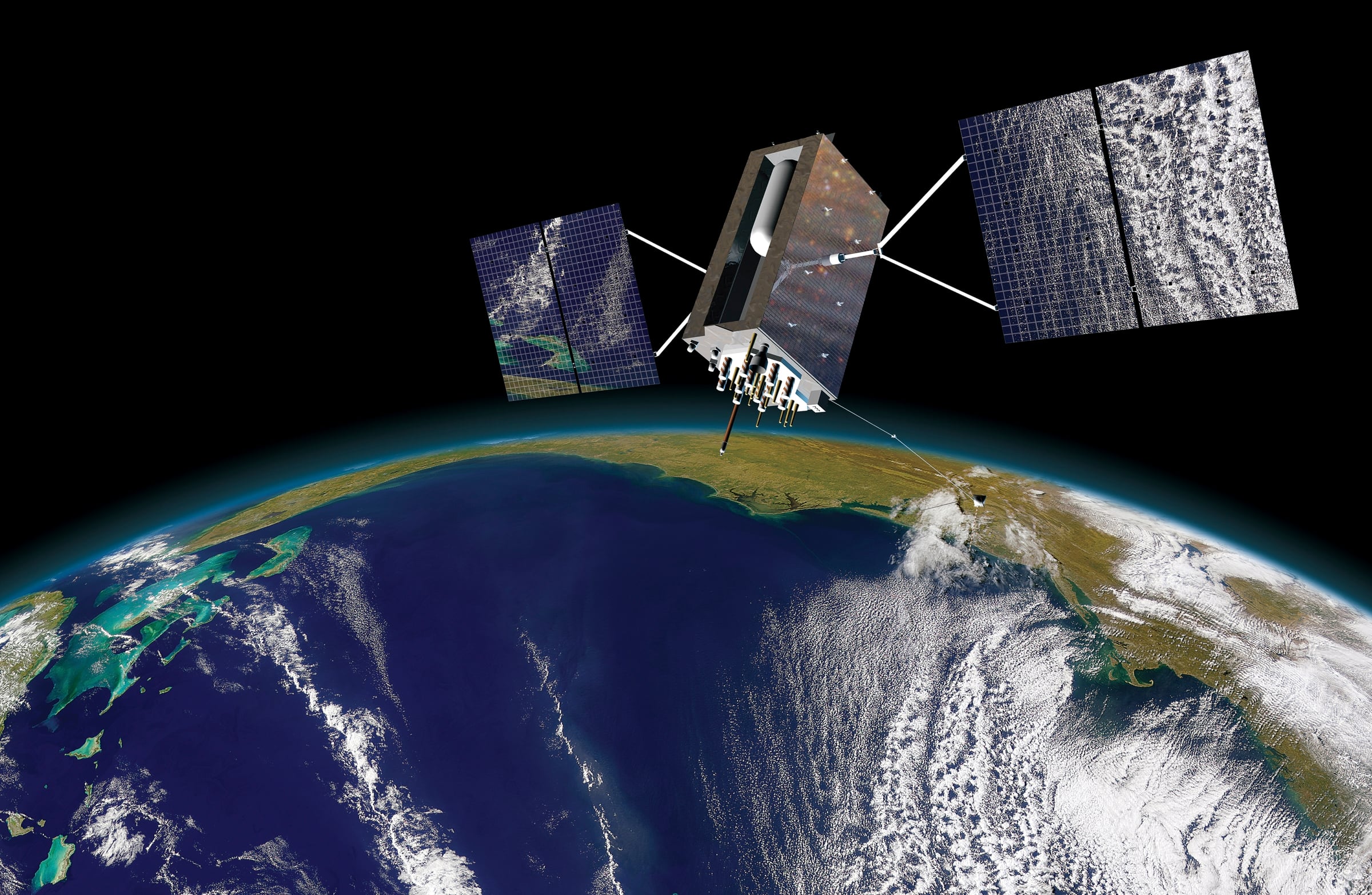WASHINGTON — The Defense Innovation Unit has selected Ball Aerospace to develop a new prototype antenna for the U.S. Navy’s new stealth destroyers, the company announced July 21.
The low-observable antenna will allow the DDG 1000 Zumwalt-class destroyers to communicate over multiple frequency bands without compromising the ships’ stealth features. Ball will develop the antenna architecture, beamforming approach and the prototype itself.
“We are pleased to partner with DIU and the U.S. Navy to explore ways to quickly and cost-effectively increase the capabilities of the DDG 1000,” said Jake Sauer, vice president and general manager of tactical solutions at Ball. “Our multi-band, multi-beam phased array heritage and conformal antenna expertise directly supports the warfighter by addressing emerging threats and taking on new missions.”
DIU — a Defense Department organization launched to facilitate the military’s adoption of commercial technologies — initially posted its solicitation for a “low-observable SATCOM antenna system that can support multiple links in the S-, C-, X-, Ku-, K-, Ka- and Q-band signals” for the Zumwalt-class destroyers in October 2019. As part of its Multi-Domain Tactical Communications (MDTC) program, DIU also noted that the antenna could be repurposed for other ships or ground stations. Still, the new antenna, or antennas, need to fit within the limited space available on the DDG 1000.
The prototype antenna is due within 12 months of the award according to the solicitation, and could result in a follow-on production contract without further competition.
The U.S. Navy only took delivery of its first Zumwalt-class destroyer in April — nearly four years after the ship was commissioned. Despite early ambitions for the new class of stealth destroyers, the Navy slowly whittled down its order from 28 ships to just three. The Lyndon B. Johnson, the final guided-missile destroyer in the truncated class of ships, is still under construction at Bath Iron Works in Maine.
Nathan Strout covers space, unmanned and intelligence systems for C4ISRNET.








